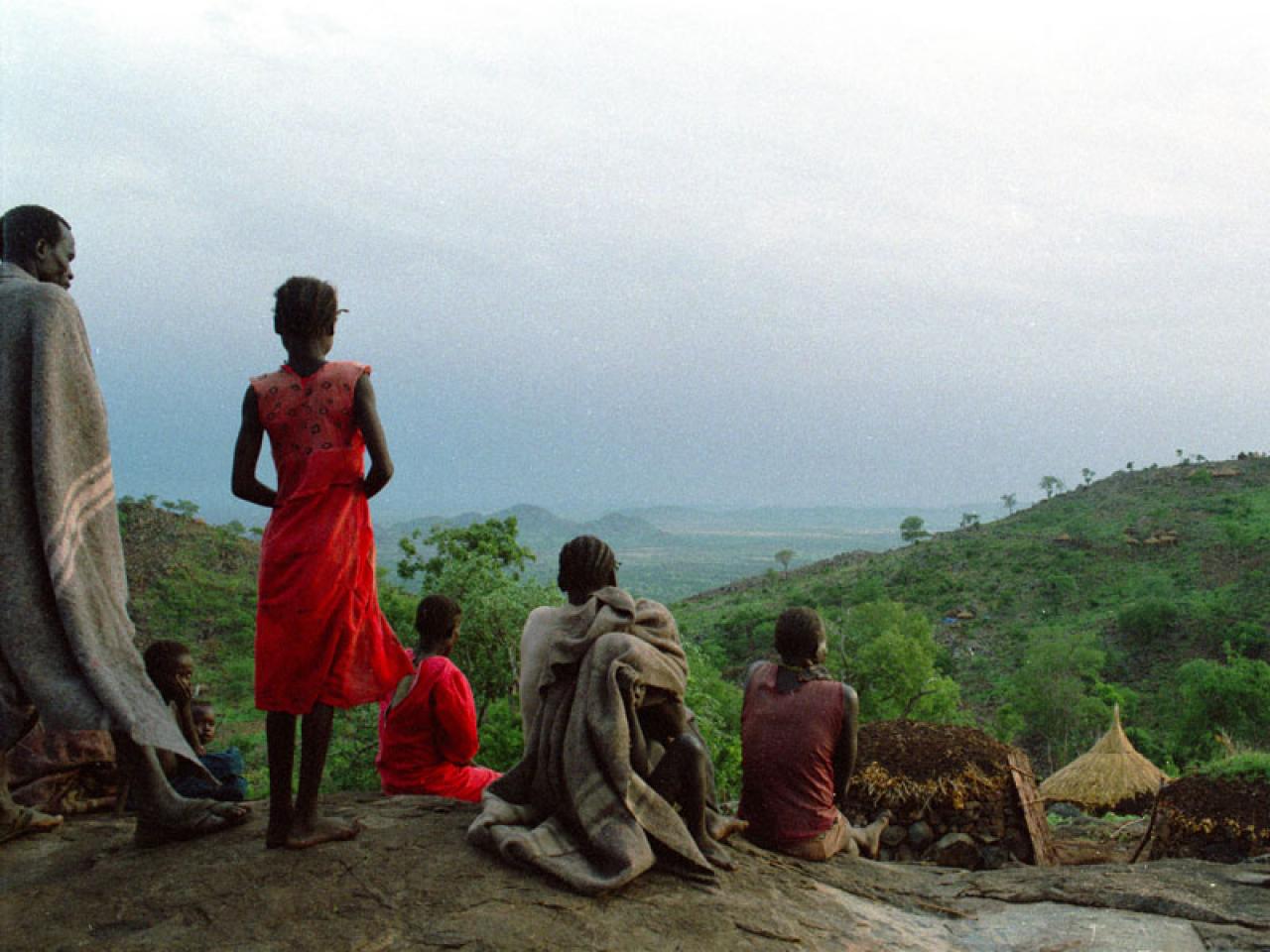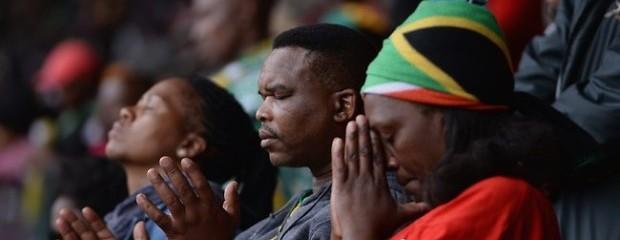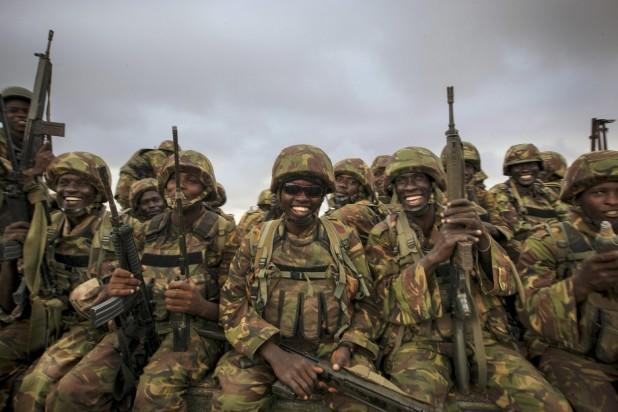Sudan: War in the Nuba Mountains, again – By Nanne op ‘t Ende

 Since June 5, Sudan Armed Forces (SAF) and the Sudan People’s Liberation Army Nuba (SPLA Nuba) have been fighting in South Kordofan, and for two and a half months I did not know what to make of it. All I could think of were the people who returned to their homes since the cease fire in 2001 and who are now, once again, caught up in that horrible cycle of violence, fear, death and loss.
Since June 5, Sudan Armed Forces (SAF) and the Sudan People’s Liberation Army Nuba (SPLA Nuba) have been fighting in South Kordofan, and for two and a half months I did not know what to make of it. All I could think of were the people who returned to their homes since the cease fire in 2001 and who are now, once again, caught up in that horrible cycle of violence, fear, death and loss.
by Nanne op ‘t Ende, The Netherlands, August 20, 2011
Returnees
Years ago, I wrote about the need for the SPLM Nuba to persuade Nuba people in Khartoum and other cities to return to their state so their numbers would add weight to the political aspirations of the former rebel movement – to obtain substantial autonomy for the Nuba. Only electoral success would allow SPLM Nuba to set the agenda for the popular consultation that would evaluate and possibly improve on the Comprehensive Peace Agreement (CPA) provisions for South Kordofan.
They came. Hundreds of thousands of people took their chances hoping that the war was over and it was safe enough to start farming again. From a mere 200,000, the population in areas controlled by the SPLA Nuba grew to at least half a million (from a total of 1,100,000.) And yet it was not enough to gain the SPLM Nuba a majority in the state elections. The National Congress Party (NCP) did not even have to rig the elections extensively. The Carter Centre saw no reasons to disapprove, but the SPLM Nuba refused to acknowledge the result.
Now the same people who returned to their broken homes to start over again, despite dismal levels of public services like clean drinking water, education and medical care, are fleeing the plains again, seeking refuge in the mountains or leaving the area alltogether. It is as if nothing has changed, as if ten years of peace were just an interlude, a perverse play of two parties going through the motions without once considering the interest of the people of Southern Kordofan.
Failed peace
Really, there never was much chance that the CPA process in South Kordofan would reach a satisfying conclusion. The lack of trust between NCP and SPLM Nuba prevented cooperation and frustrated progress. Neither party wanted to give in – NCP hardliners felt that they had given up too much already by allowing the South to secede, and the SPLM Nuba felt that their right to self-determination had already been traded off against Southern interests.
The NCP did what it had been expected to do – frustrate any progress in the state while SPLM Governor Ismael Khamis was in charge – start building roads and hospitals once it held the Governorship, draw up constituencies in South Kordofan favorable to its goal of winning the elections, manipulate the census to disadvantage the SPLM, probably buy some votes left and right and claim a fair electoral victory.
SPLM Nuba struggled to come up with an answer. Replacing Ismael Khamis with Daniel Kodi and Daniel Kodi with Abdelaziz al Hilu, the party concentrated on retaining control over the areas it had dominated throughout the years of civil war and avoiding collaboration with the NCP. Contesting the census results, the division of the constituencies and the election results, the SPLM Nuba stuck to political means to fight the NCP for ten long years from the signing of the cease fire until the outbreak of violence in Kadugli last June.
It is my estimation the SPLM Nuba, left to their own devices by the SPLM in South Sudan, already counted on a political endgame between them and Khartoum that would lead straight back to war. There was always a small chance that things would turn out differently, if only because nothing is ever certain, but adherence to the CPA process was, in a way, more important than the anticipated outcome. An image of legitimacy can be crucial for a rebel movement.
Ready
Sure enough, SPLA Nuba was ready for the return to war. Ever since the CPA was signed in December 2004, any SPLA Nuba officer who ran into a journalist or researcher would vent his disapproval of the arrangements for South Kordofan. “If we have to fight, we’ll be ready,” was their grim mantra. Apart from the Joint Integrated Units there were large numbers of SPLA Nuba soldiers in or near Southern Kordofan at all times. Call it an insurance policy.
By the end of May 2011, the SAF had been amassing troops and heavy equipment in the state and a few days before the fighting broke out SPLM Nuba leader and vice Governor of South Kordofan, Abdelaziz al Hilu, considered war to have become inevitable. He expected prolonged fighting with severe impact on the civilian population. There was a short scenario for the initial stages of the conflict: Kadugli and other towns would no longer be safe, people would be displaced, humanitarian access would be blocked and then areas deeper in the Mountains would come under attack.
Abdelaziz al Hilu would not have been the renowned commander he is, had he not had an answer to such a scenario ready. Judging from the obvious inability of SAF to “˜crush the rebellion’ with air raids and tanks and the hurried transport of more troops to the region, it seems that the SPLA Nuba were far better prepared for the outbreak of conflict than SAF. Now it is up to Governor Ahmed Haroun to use his organizational talents to rally the Arabic nomads in South Kordofan to join the fighting, like he did before with the nomads in Darfur.
International community
The last issue to be settled during the CPA negotiations in 2004, was the question of Nuba autonomy – SPLM Nuba wanted self-determination, the NCP and Nuba aligned with Khartoum refused. Under strong pressure from international mediators SPLM Nuba accepted the complex and cumbersome construction of popular consultation. Although the international community cannot be held responsible for the failure of the peace process in South Kordofan, it did fail to help make it work.
Khartoum let the South go but it is not ready to give up control over Abyei, South Kordofan and Blue Nile. Shortly after occupying Abyei, SAF escalated the fighting in Kadugli to all-out war in South Kordofan with, reportedly, numerous violations of the Geneva Conventions. In the fourth week of the fighting, Sudan’s President, Omer Hassan el Beshir, personally annulled an agreement signed by his aide Nafie Ali Nafie and by Malik Agar Eyre on behalf of the Sudan People’s Liberation Movement (North) that recognized the SPLM North as a legitimate political party in Sudan and set an agenda for a political solution of the conflict in South Kordofan.
Some people cry genocide (which is nonsense) and others say nearly half a million people are displaced (which is nonsense too) but scores of innocent people have been killed during the first days of fighting in Kadugli and many have been killed or injured by indiscriminate bombing. At least tens of thousands of people have been displaced, so much is clear, and their numbers will grow as the violence continues. Farming has been disrupted, so somewhere down the line people are going to run out of food.
Meanwhile, the UN Security Council failed to even raise a resolution that would condemn the violence in South Kordofan and called for an end to the bombardments. Sudan is featuring on the US list of states sponsoring terrorism – its head of state is wanted by the ICC for crimes against humanity, and South Kordofan Governor Ahmed Haroun is wanted by the same ICC for war crimes committed in Darfur – but China has invested heavily in Sudan’s oil industry and Russia supplies Khartoum with fighter jets and helicopters.
Looking at the feeble response to the obvious violations of the Geneva Conventions in Syria, it is unlikely that anything short of mass murder in South Kordofan would prompt the UN Security Council to undertake action against the Government of Sudan. The US and (members of) the EU might be inclined to support the SPLA Nuba, especially given the pressure they put on the Nuba to sign an unfavorable agreement, but they are already heavily involved in various conflicts in the region and elsewhere – they face an economic crisis; and they probably fear the risk of a complete disintegration of Sudan…
So despite the suffering of the Nuba population endured between 1987 and 2001, and despite knowledge of the crimes committed against the population of Darfur by the same people now conducting war in South Kordofan, there is a slim chance that anyone will give substantial support to the SPLA Nuba unless SAF or the Popular Defense Forces truly go berserk. Perhaps the SPLA of South Sudan would at some point feel compelled to help their former comrades in arms, provided there were sufficient reason to risk war with Khartoum…
Escalation
A solution to the conflict seems to be nowhere in sight. Khartoum remains determined to bring rebel leader Abdelaziz al Hilu to justice – al Hilu on his turn has signed an agreement with several Darfurian rebel movements to join forces in a coordinated effort to overthrow the Government of Sudan. They may soon be joined by Malik Agar, SPLM Governor of Blue Nile, whose relationship with Khartoum is getting more tense with every passing day.
Whether a coalition of rebel forces from Darfur, Nuba and Blue Nile will be able to topple the regime of Omer el Beshir remains to be seen. In Libya the insurgents only managed to corner Khadafi with massive support from its Western allies – and still the dictator is not completely defeated. JEM proved it was possible to raid Khartoum, but it would require a much more powerful force to actually take the capital. Chances are that the fighting will remain concentrated in the periphery of the country – beyond today, it’s all speculation anyway.
Eyes
I once wrote a book, called Proud to be Nuba, about the struggle of the SPLA Nuba against the Government of Sudan. Written after the signing of the CPA it documented people’s stories of their lives before and after the war. To me it concluded a ten year period of intense involvement with the Nuba. I so much hoped things would turn out for the best. Now the faces of the people I met during these long years keep coming back to me. Their defiant eyes stare at me from the pages of the book. And I don’t know what to say.






Why do you write that claims of genocide are nonsense?
Because I believe there is a substantial difference between a war in which civilians are indisciminately targeted by bombs dropped from high altitudes and genocide – a deliberate and systematic attempt to destroy part of the Nuba.
… [Trackback]…
[…] There you will find 94807 more Infos: africanarguments.org/2011/08/23/war-in-the-nuba-mountains-again-by-nanne-op-’t-ende/ […]…